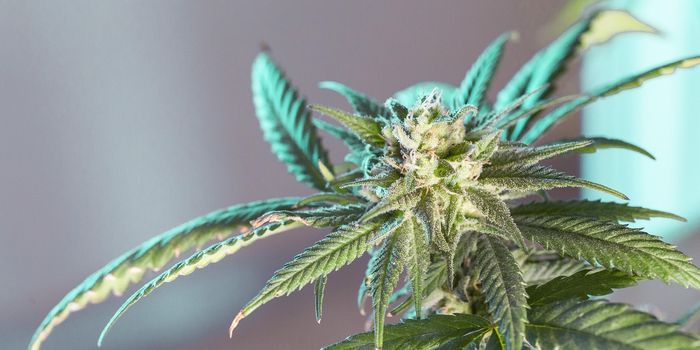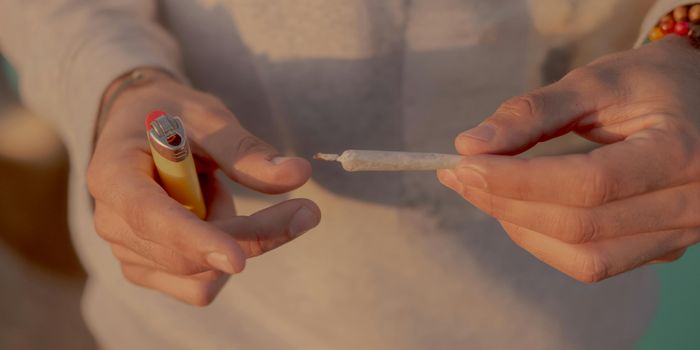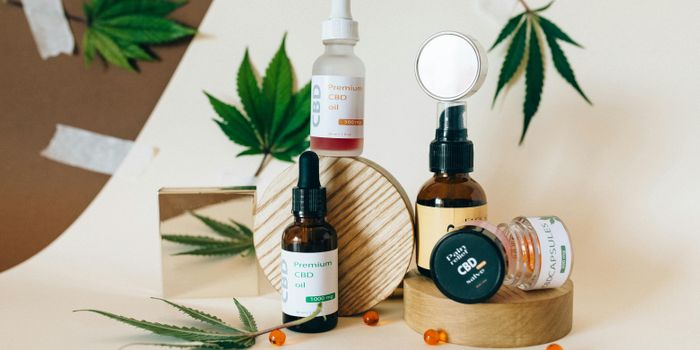United Kingdom Medicinal Cannabis Policy Under Microscope
Medical cannabis is not legal in the United Kingdom (UK), but it might be very soon. News this week of two young children fighting with their intractable epilepsy has sparked a national discussion that the country’s political representatives are listening to. In fact, there are reports of current House of Commons representatives from different groups, some with extensive medical training, working alongside each other to form a new all parliamentary group to help campaign about this important issue. The House of Commons has nine medical doctors within its assembly; according to a Guardian article, conservatives Dr. Dan Poulter and Dr. Andrew Murrison, the Labour Party’s Dr. Paul Williams, and the Scottish National Party’s Dr. Philippa Whitford are working together with many other politicians to support the legalization of medical cannabis to help patients like the two children we know about, Billy Caldwell and Alfie Dingley, and also help the many many children the country doesn’t know about.
The patient perspective can often get lost in the development and evaluation of policy, so it is encouraging that the voice of the patients and their families are having an impact at a policy level which is a demonstration of the democratic process.
More and more studies are showing the medical benefits of cannabis and cannabinoid compounds in numerous health conditions. Pharmaceutical companies are creating phytocannabinoid based medications with some nearing approval for conditions like Multiple Sclerosis (Sativex) and Epilepsy (Epidiolex). The scientific action mechanism of cannabis-based compounds in the human body is complex and requires more study; however, it has been clearly demonstrated to have medicinal value. A very important part of the UK conversation is the scientific and medical usefulness of cannabis.
History of UK Laws
Currently, cannabis is considered a class B drug as part of the UK Misuse of Drugs Act from 1971. Interestingly, from 1928 to 2004, cannabis was a class B drug. In 2004, under the Labour government, cannabis was changed from class B to class C, which is considered less harmful; this was done after the adult population expressed a high degree of support for cannabis decriminalization. Literature surround the change during that time indicate the purpose was to allow the justice system to focus resources on more serious offenses involving more dangerous drugs. In subsequent years, multiple different individuals serving as Home Secretary reviewed whether or not to move cannabis back onto the class B list. In January 2009, cannabis was reclassified into the list of class B drugs.
Comparison to other countries
Canada very recently passed what has been called a “historic bill” with a large degree of support (votes of 52-29); Canada is the second country to legalize marijuana only after Uruguay, who legalized it in 2013.
The United States (US) has a similar drug classification system as the UK, using numbers instead of letters to represent the differing levels of drug harm. There are five classifications in the US drug schedule whereas the UK has three. One glaring difference, even now, is the US classification of cannabis in comparison to the UK. Cannabis in the US is a scheduled class I drug; in the highest degree of danger category along with LSD, ecstasy, and heroin and representing in a group with no currently accepted medical use and high potential for abuse. The UK classifies cocaine, heroin, and ecstasy as class A drugs. Cannabis and cannabinoids are listed in class B along with amphetamines, barbiturates, and codeine. One of the biggest hurdles in the US for groups wanting to conduct research is the strict classification of cannabis; its schedule I status means it cannot be used in research conducted by federally supported organizations (i.e. research institutions, universities, etc.). The US schedule II classification includes hydrocodone, cocaine, methamphetamine, fentanyl, and oxycodone which have all been deemed as drugs with high potential for abuse but some medical value as well under the direction of a healthcare provider.
Cannabis is not without its dangers or negative effects if improperly used. The scientific and medical evidence for its medical value is the greater question. The approach and swift action being taken by the UK, including current Home Secretary Sajid Javid, who intervened on behalf of Billy Caldwell when he was hospitalized for his epileptic seizures after his medicinal cannabis oil was confiscated. Javid is reported to have shared with the House of Commons that it is time to review the scheduling of cannabis for medicinal use. His stance is not to consider full legalization broadly across the UK for marijuana but to evaluate the medicinal value and potentially lift the ban on medicinal use of the plant and its related compounds like cannabidiol (CBD) or terpenes.
Sources: The Guardian, BBC, Alere toxicology, US Drug Enforcement Administration, CNN, Misuse of Drugs Act 1971, Royal Statistical Society









